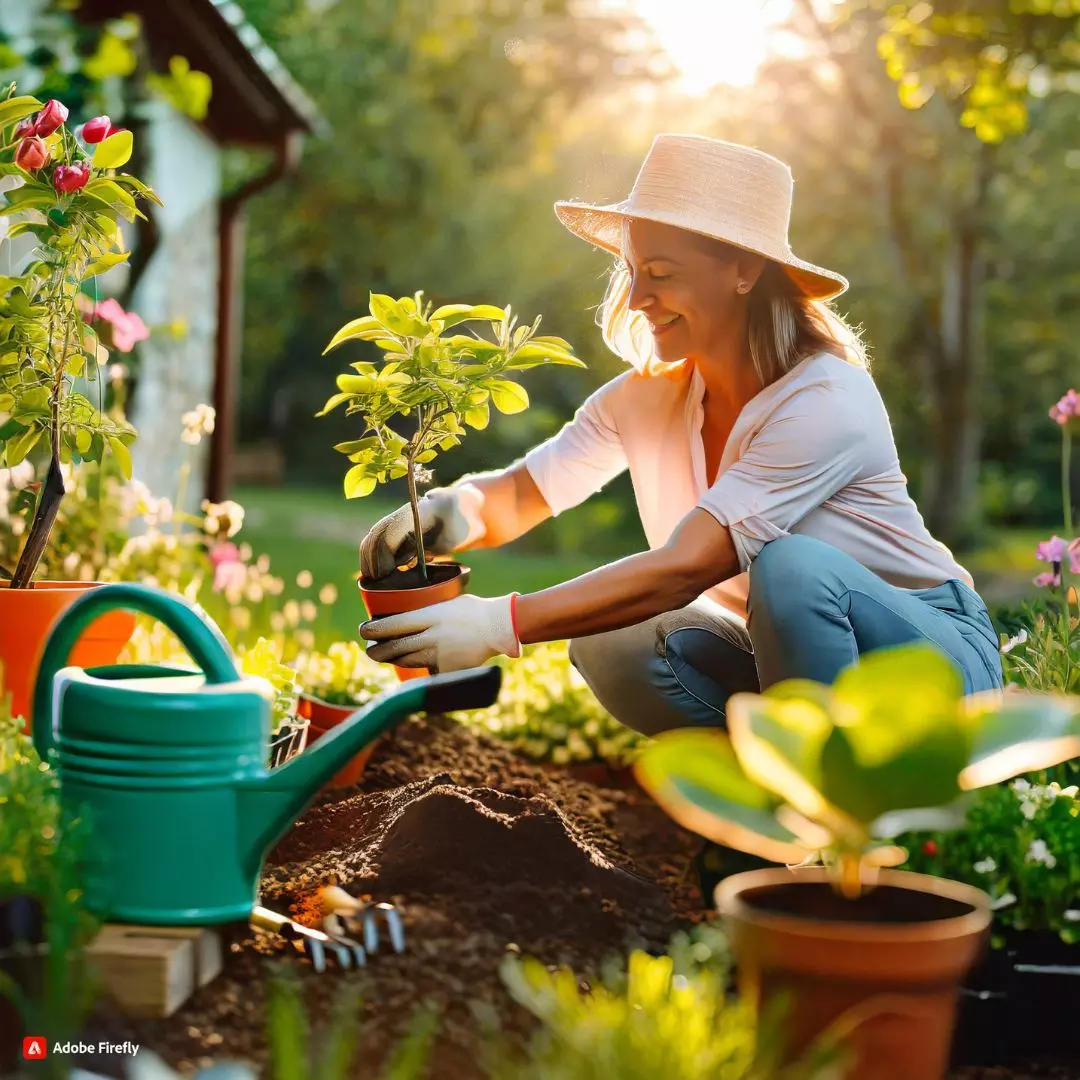In our fast-paced lives, where stress and daily pressures can take a toll on our mental health, the significance of connecting with nature has never been more apparent. Nature, in its various forms, plays a pivotal role in fostering emotional, psychological, and physical well-being.
This comprehensive report delves into the expansive definition of nature, encompassing green spaces like parks and forests, blue spaces such as rivers and beaches, even extending to the presence of trees on urban streets and indoor plants. The report sheds light on the diverse mental health benefits that nature offers and emphasizes the need to address unequal access to these benefits among specific groups.
Nature, as defined in the report, extends far beyond the conventional landscapes of parks and woodlands. It includes the subtle greenery of urban streets, private gardens, and even the simplicity of indoor plants or window boxes. Surprisingly, even the act of watching nature documentaries contributes positively to our mental health, making these benefits accessible to nearly everyone, regardless of their location.
Amid the hustle and bustle of contemporary life, finding moments of peace and tranquility is imperative for our overall well-being. Gardening and caring for plants emerge as not only visually pleasing activities but also powerful contributors to mental health. Cultivating a garden or tending to indoor plants has been associated with a myriad of benefits, ranging from improved mood and reduced stress to enhanced cognitive function.
Indoor Plants For Mental Health:
Tending to plants involves a profound connection with nature and mindfulness. Assuming the role of a plant parent instills a sense of responsibility and purpose, serving as a therapeutic practice that grounds individuals in the present moment and diverts their focus from daily stressors. The rhythmic and repetitive nature of tasks such as watering, pruning, and repotting creates a calming effect akin to a form of meditation.
The presence of indoor plants not only adds aesthetic appeal to living spaces but also contributes significantly to mental and overall health. Studies indicate that exposure to indoor greenery can lead to lower cortisol levels, the hormone associated with stress. The visual allure of lush, green foliage transforms living spaces into serene retreats, positively impacting mental well-being and promoting a more relaxed state of mind.
Witnessing the growth and bloom of one’s plants brings a sense of joy and pride. This sense of achievement, no matter how small, contributes to positive self-esteem and reinforces the importance of routine and responsibility. Gardening, whether on a small balcony or in a spacious backyard, also serves as a form of physical exercise. Activities like digging, planting, and weeding promote movement and outdoor exposure to sunlight, integral components of a healthy lifestyle.
In conclusion, nurturing plants emerges as a holistic approach to fostering mental health. The relationship between humans and plants offers numerous advantages, from stress reduction and improved air quality to a sense of purpose and enhanced cognitive function. Whether cultivating a lush garden or adorning living spaces with potted plants, the act of nurturing green companions proves to be a therapeutic and fulfilling endeavor, providing a sanctuary of well-being amid life’s demands.
Also Read: Cable TV Networks Lead The Way In Sustainable Practices On Earth Day











